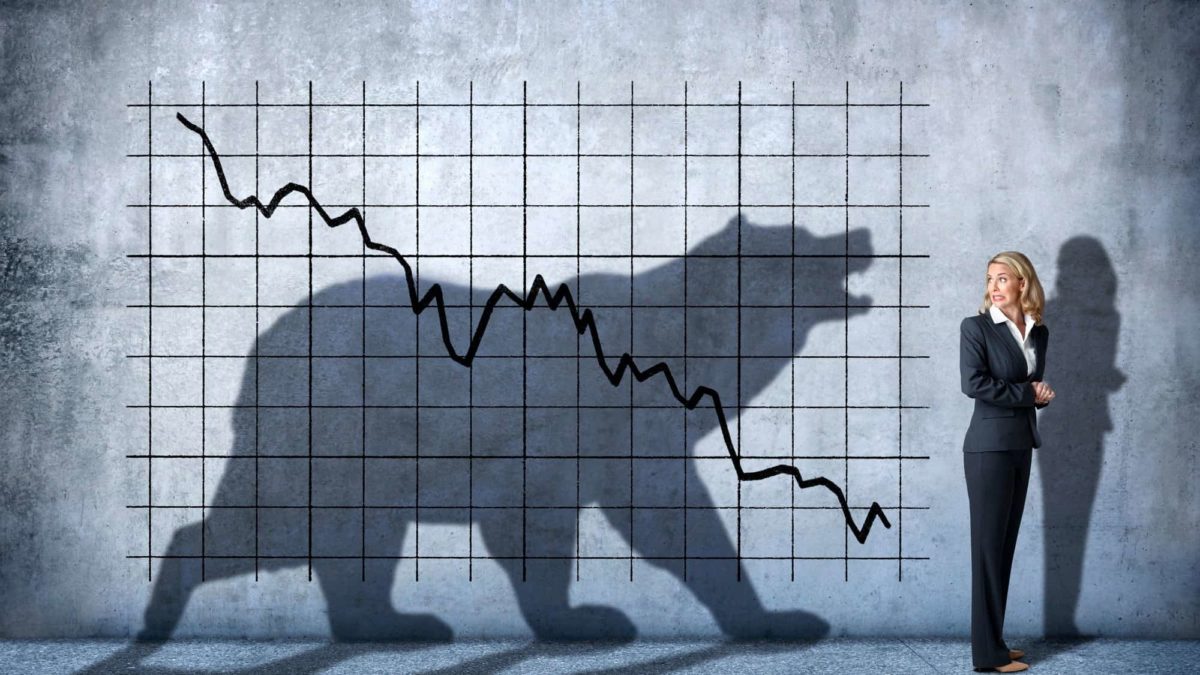This article was originally published on Fool.com. All figures quoted in US dollars unless otherwise stated.
On May 20, the S&P 500 index fell into bear market territory. A bear market is defined as a period when stock values fall 20% or more from a recent high.
This is the first time in over two years that stocks have fallen so sharply. The last decline of this nature happened in March 2020, on the heels of the COVID-19 outbreak.
Of course, a bear market can be an unsettling thing, even if you're a seasoned investor. But here's why you don't need to start panicking.
1. Bear markets aren't that unusual
Since World War II, there have been 17 bear or near-bear markets, according to a Morningstar report. That's not a particularly large number, but it's also not a small number. So if you're new to investing, you can rest assured that this sort of thing has happened before.
2. Bear markets don't always last that long
On average, bear markets last about a year. But that doesn't always happen. The bear market investors endured in early 2020 was fairly short-lived, and stocks managed to more than recover their value before the end of the year.
Granted, without a crystal ball, it's impossible to predict how long a given bear market will last. But while the idea of stocks being down for a year might seem terrifying, the reality is that you really only stand to get hurt by a bear market if you liquidate stocks at a loss. If you leave your portfolio alone, you may not lose a dime during a bear market.
3. The stock market has a long history of recovering from bear markets
It's definitely unsettling to see your portfolio value tank. But it's important to remember that the stock market has a long history of recovering from downturns. Not only that, but some of the market's strongest periods of performance have happened on the heels of a bear market.
4. Bear markets can spell opportunity for long-term investors
During a bear market, stock values decline significantly. That's a bad thing if you're looking to liquidate stocks. But if you're looking to buy stocks, it's actually a good thing.
While timing the market isn't a recommended investing strategy, buying stocks during a bear market could prove to be quite lucrative. Of course, you don't want to just buy any old stocks. Rather, focus on the same quality businesses you were buying before market conditions took a turn for the worse (unless there's a specific reason to stay away from those stocks).
Another good option during a downturn? Invest in the broad market by buying shares of an S&P 500 ETF. That's an easy way to take guesswork out of the equation at a time when you may be rattled and not in the best position to make analytical decisions.
Try to keep your cool
A bear market can be scary, but the key is to not act impulsively when stock values are down. Instead, find ways to stay calm, whether it's diving into a hobby or devoting more time to exercise and self-care. At the same time, consider adding to your portfolio when stocks are down to set yourself up for some solid returns down the line.
This article was originally published on Fool.com. All figures quoted in US dollars unless otherwise stated.









